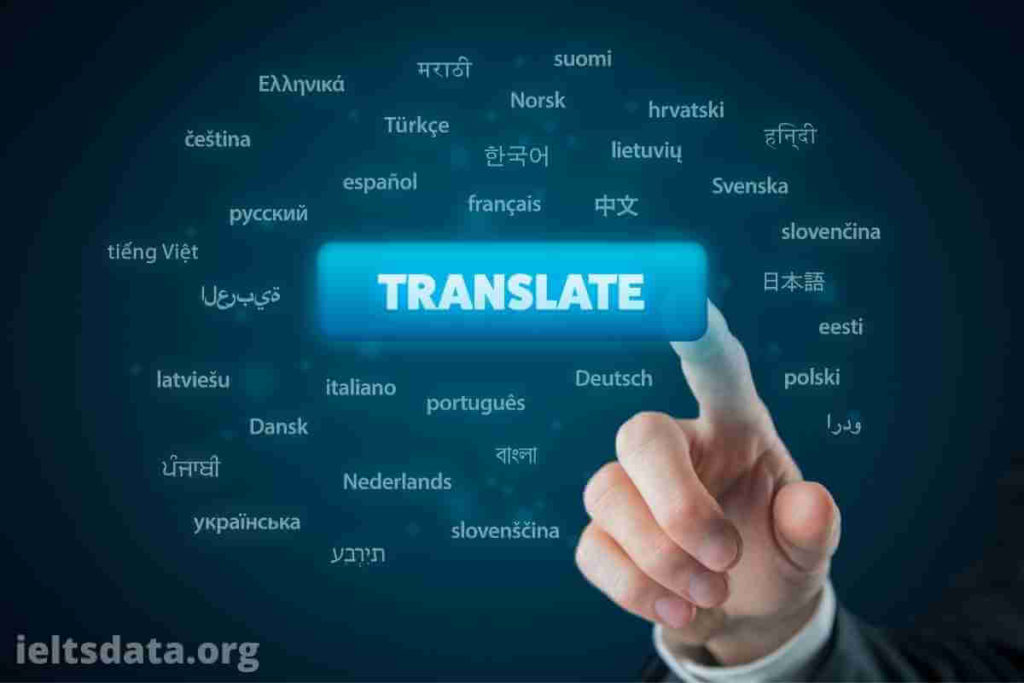Machine translation (MT) is slower and less accurate than human translation and there is no immediate or predictable likelihood of machines taking over this role from humans. Do you agree or disagree?
A wide range of online services is available to translate one language into another. Such language translators, however, are claimed to provide less accuracy in results than human translators. Although, it is believed that there exists no supplement like technology to take the place of individuals. I also agree with the above statement and further paragraphs are dedicated to the details of my opinion.
To commence with, machines provide slow outcomes because they contain a large amount of data as thousands of languages exist in a globalized world, which is updated in those machine translators. Consequently, the server becomes heavy, and hence difficult to interpret the language. Humans, on the contrary, gives more efficient, albeit faster, results than supercomputers.
Besides this, it is difficult for machines to convert handwritten documents. To make it clear, each and every person has his own style of writing. For example, some use cursive writing, while some write in a straight style. And, there exist no such machine translators, which can translate documents written by hand. While humans have a command to read any handwriting. Thus, online translation is less likely to make accurate results than people.
To epitomize, machines can only give effective results only in the case of computer Printed documents rather than handwritten ones. Although, it is impossible to have such machinery in nearby future, which will give efficient outcomes than people. That is why Humans are thought to be more reliable than machines in terms of translating a language into another language.
Follow Us on IELTSDATA Twitter
Also read: Many things that used to be done in the home by hands are now being done by machines.
